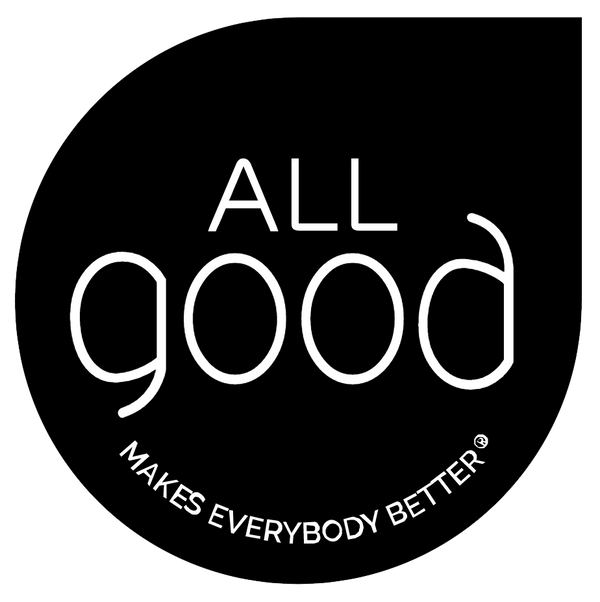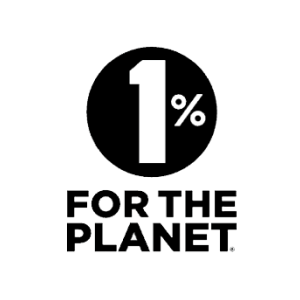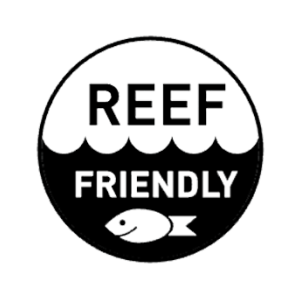Are people paying too much for sunscreen? Are the high-SPF products you see in stores better at protecting your skin or are they all the same?
You know the ones with SPF 70, 80, or even 100?
Here’s the bottom line:
The higher the SPF doesn’t necessarily give your skin any more protection than the ones with an SPF of 50 or under.
Here’s the truth behind the numbers:
- SPF 30 blocks around 97% of UVB protection.
- SPF 50 blocks around 98% of UVB protection.
As you can see, there’s not a lot in it. There’s only a 1% difference between SPF 30 and SPF 50.
So, What Does SPF Mean on Sunscreen?
The SPF number meaning on a sunscreen tells you how long it would take UV radiation from the sun to burn your skin when wearing that sunscreen compared to how long it would take when not wearing any sunscreen.
So a product with SPF 30 — like our SPF 30 Sport Mineral Sunscreen Lotion, made with reef-friendly ingredients — would take 30 times longer to burn your skin than if you weren’t wearing any sunscreen at all. (And wearing no sunscreen at all is always a bad idea.)
As far as using sunscreen correctly, the Skin Cancer Foundation recommends a water-resistant, broad-spectrum sunscreen with an SPF of 30 or higher for any high duration of outdoor activity. Regardless of the SPF number meaning, it’s important you apply the sunscreen (one ounce or two tablespoons) 30 minutes before going outside and reapply every two hours or right after swimming or sweating.
Does a Higher SPF Protect My Skin Better?
As mentioned above, the meaning of the SPF number indicates how long you can stay out in the sun without getting burned (i.e. SPF 15 allows you to stay out in the sun 15 times longer than you could without protection).
When it comes to a higher SPF, the higher number does allow you to stay out in the sun for a longer period of time. However, according to the FDA, there has been no sufficient data that supports that an SPF of 50+ will offer more protection.
So What Type of Sunscreen Should You Pick?
The American Cancer Society has two golden rules for sunscreen:
- Choose a sunscreen with at least SPF 30.
- Choose a sunscreen with broad-spectrum protection. (This means it protects against UVB and UVA rays.)
Additionally, they also recommend water-resistant sunscreen (ideally one that lasts 40 minutes or 80 minutes).
All of our All Good sunscreens provide the standard for all three of these recommendations from the American Cancer Society. All of our sunscreens are made with non-nano zinc oxide as the active ingredient with antioxidants like green tea leaves and rosehip oil. These antioxidants help nourish and repair your skin providing you with long-lasting day-to-day protection.
Final Word
So, is higher SPF good? It all depends. In everyday scenarios, there’s not that much difference. But for individuals who have certain genetic diseases, higher SPF is a huge factor. In general, sunscreen that’s SPF 30-50, has broad-spectrum protection, and is water-resistant is suitable for most individuals. All Good sunscreens offer all this and natural, cruelty-free, and non-toxic ingredients. Get yours today!






